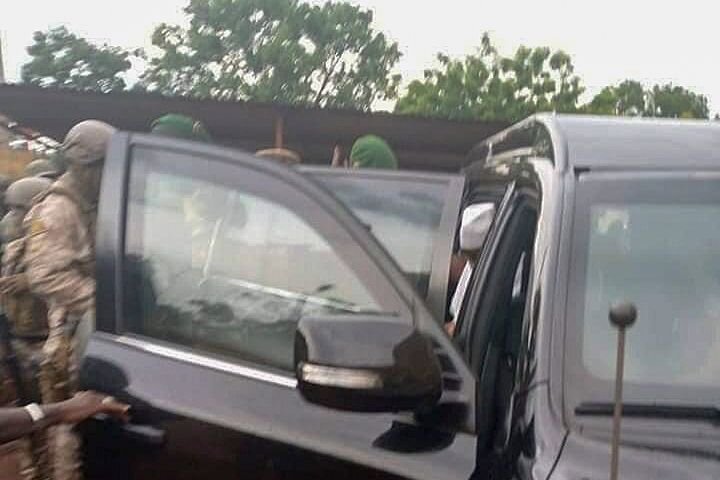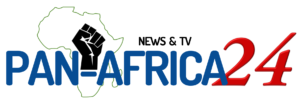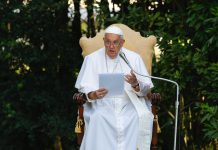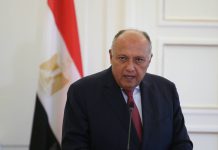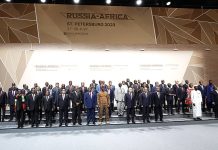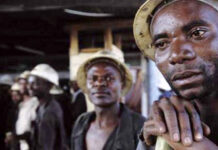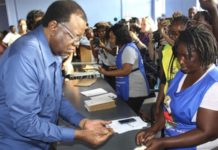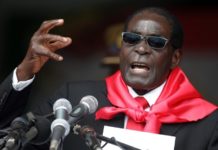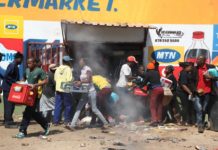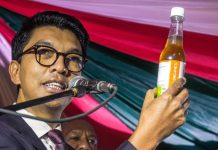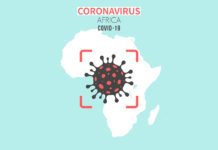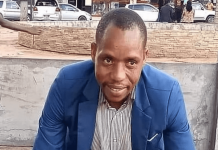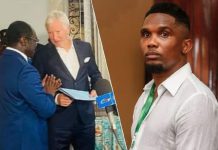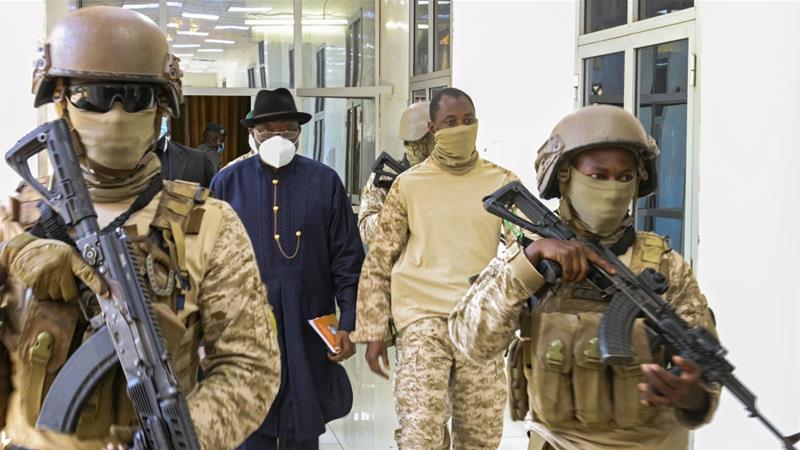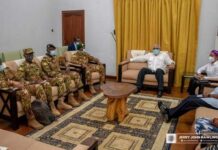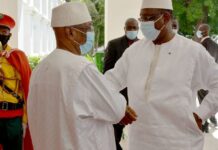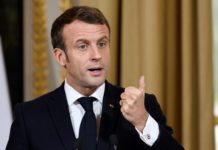Mali’s military seized power on August 18, announced on the Thursday that they has released the president. President Ibrahim Boubacar Keita popularly known as IBK was placed under detention by the military in a coup following weeks of popular protest against the government.
National Committee for the Salvation of the People (NCSP), which overthrew IBK, presented Colonel Assimi Goïta as the leader of the NCSP on August 19. Introducing himself in a press conference at the Kati military camp, the 37-year-old officer said, ““Mali is in a situation of socio-political and security crisis. We no longer have the right to make mistakes. By making this intervention yesterday, we have put the country above [everything]. Mali first,” The NCSP announced a 3-years transition period to civilian rule
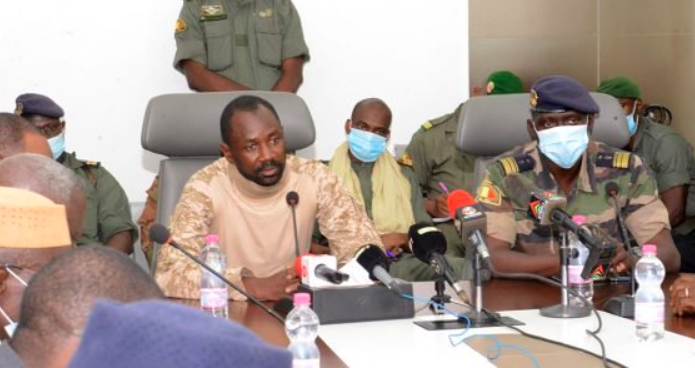
June 5 Movement that spearheaded the protest against President IBK’s government met with the military junta at the Kati barracks near Bamako late Saturday. One of the Movement’s leader, Choguel Maiga told AFP on Sunday that they had proposed “a transition of 18 to 24 months” with civilians heading a transitional presidency, government and assembly.
He also noted that they have called for the set up of “a committee to monitor and supervise the transition which will be composed of a majority of members of the junta and the (June 5 Movement),”
Chief envoy of the regional bloc ECOWAS, former Nigerian president Goodluck Jonathan, said last week that the coup leaders wanted a three-year transition period. The block has stopped financial flows to the country among other measures in protest of the coup. They are calling on the military leaders to return Mali to civilian democracy within a year, rejecting the 3 years period proposed by the NCSP.
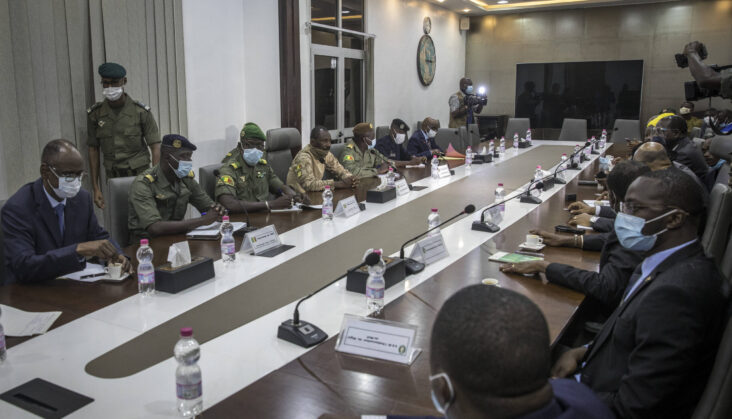
French Defence Minister Florence Parly speaking to Europe-1 radio on Sunday agreed with the ECOWAS demand. She noted that “If this does not happen, the risk is that all this benefits terrorists first and foremost,” adding that “Terrorists feed on the weakness of states.”
Mahmoud Dicko, the popular opposition leader and one of the main voices during popular protests against IBK, on Friday cautioned the junta leaders that they do not have a “carte blanche”. He called on them to meet the demands of regional mediators in order to spare Mali further crippling financial sanctions. His spokesman later said “the people have started to doubt”
On 18 August 2020, elements of the Malian Armed Forces began a mutiny. Soldiers on pick-up trucks stormed the Soundiata military base in the town of Kati, where gunfire was exchanged before weapons were distributed from the armory and senior officers arrested. Tanks and armoured vehicles were seen on the town’s streets, as well as military trucks heading for the capital, Bamako. The soldiers detained several government officials including the President Ibrahim Boubacar Keïta who resigned and dissolved the government. This is the country’s second coup in less than 10 years, following the 2012 coup d’état.
